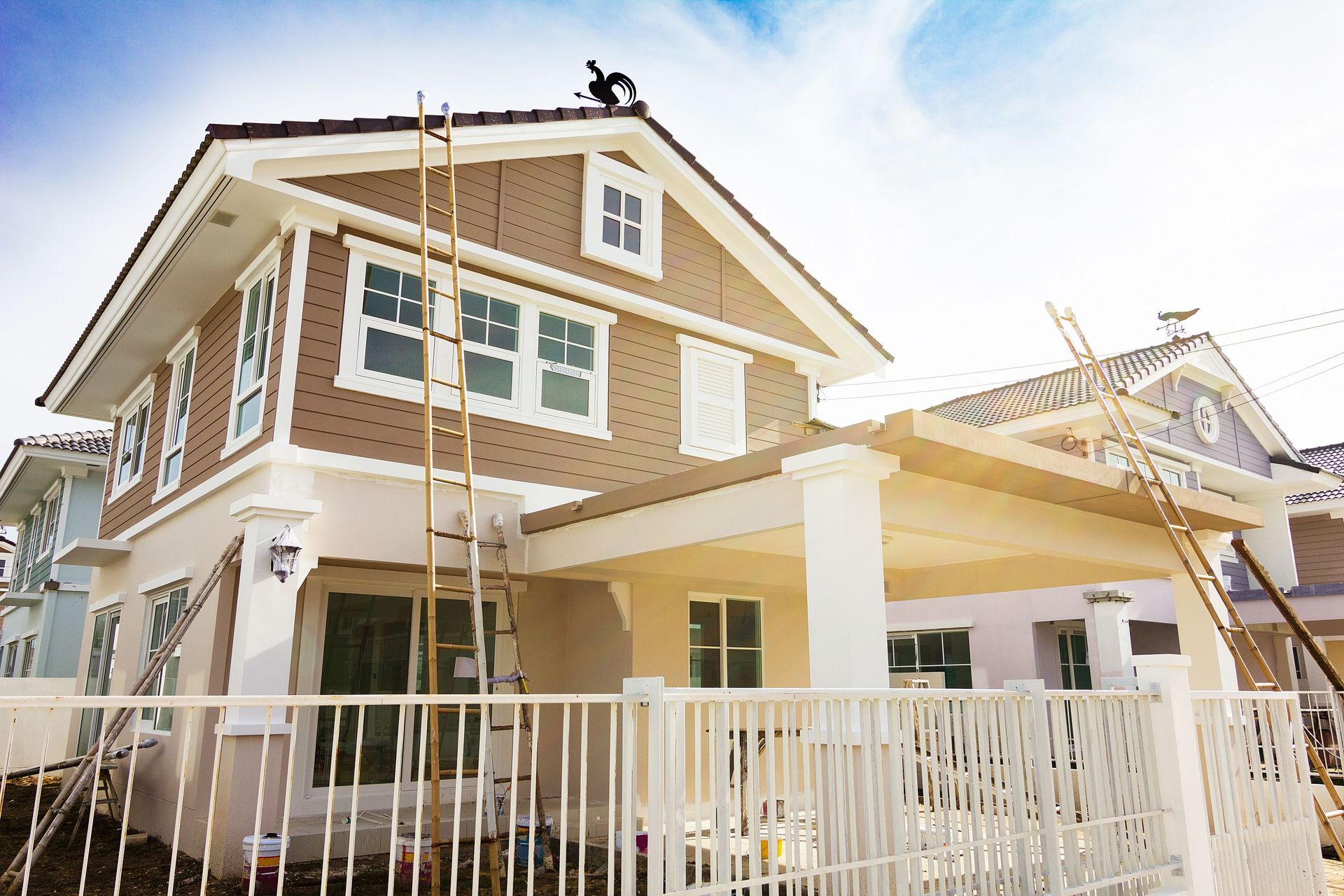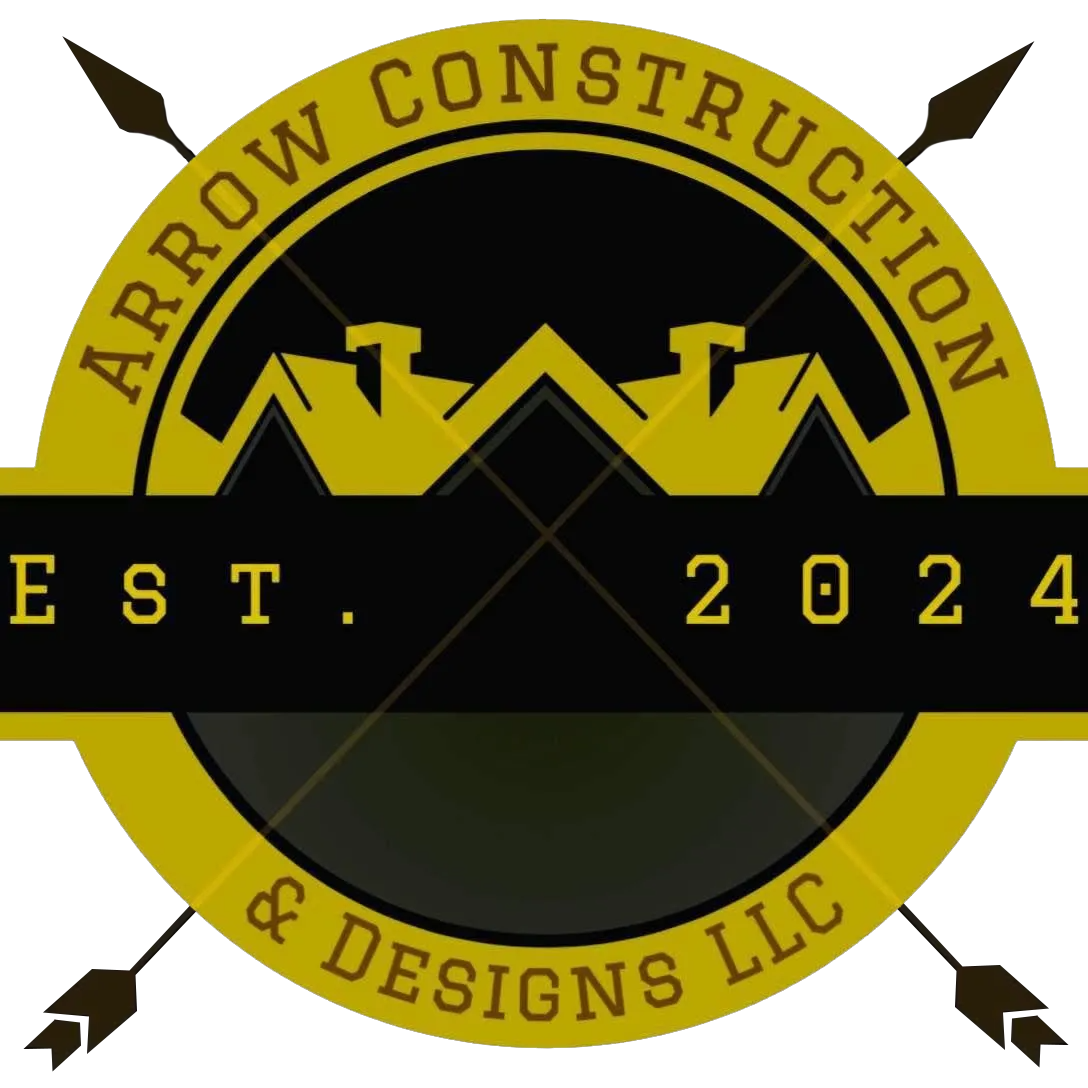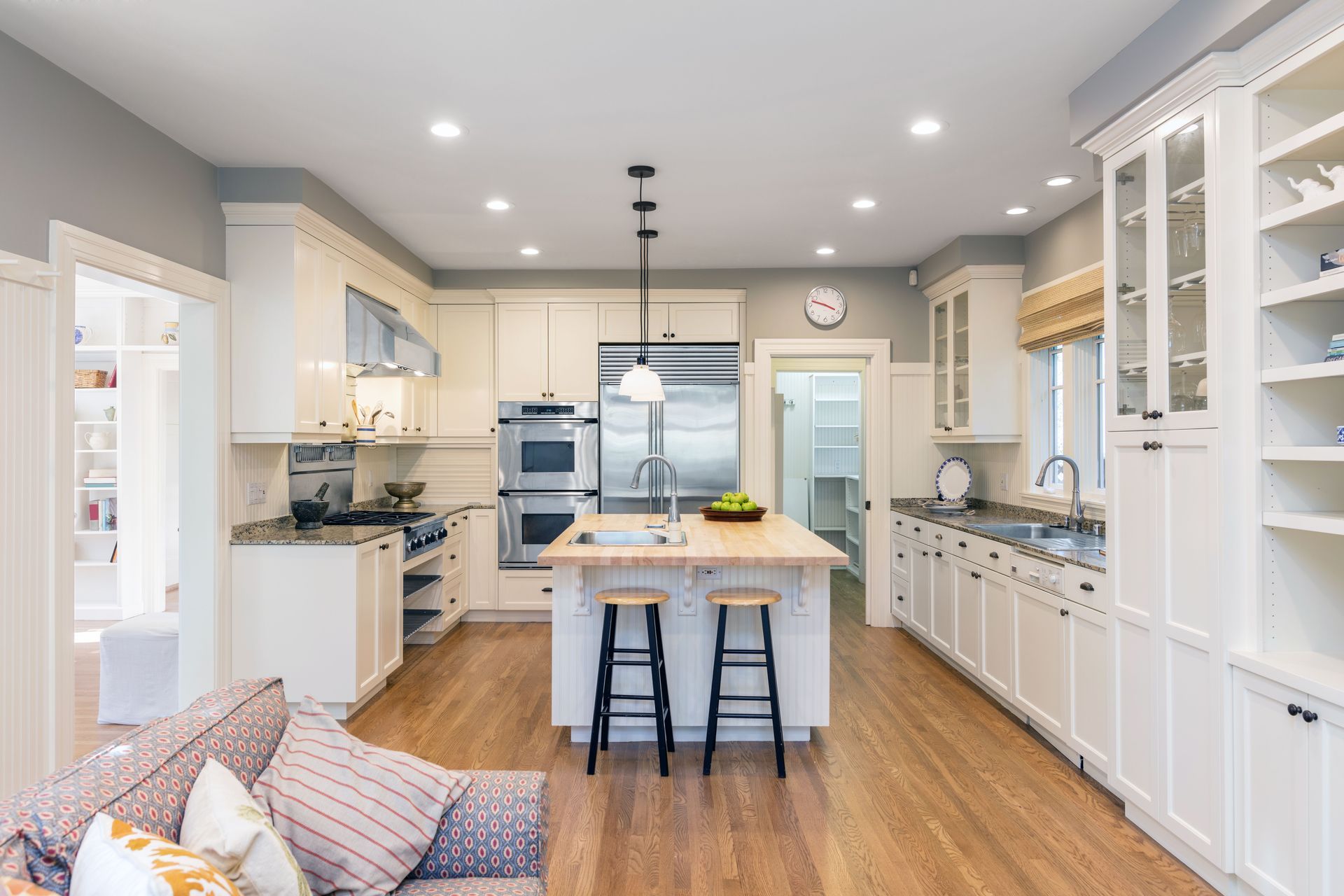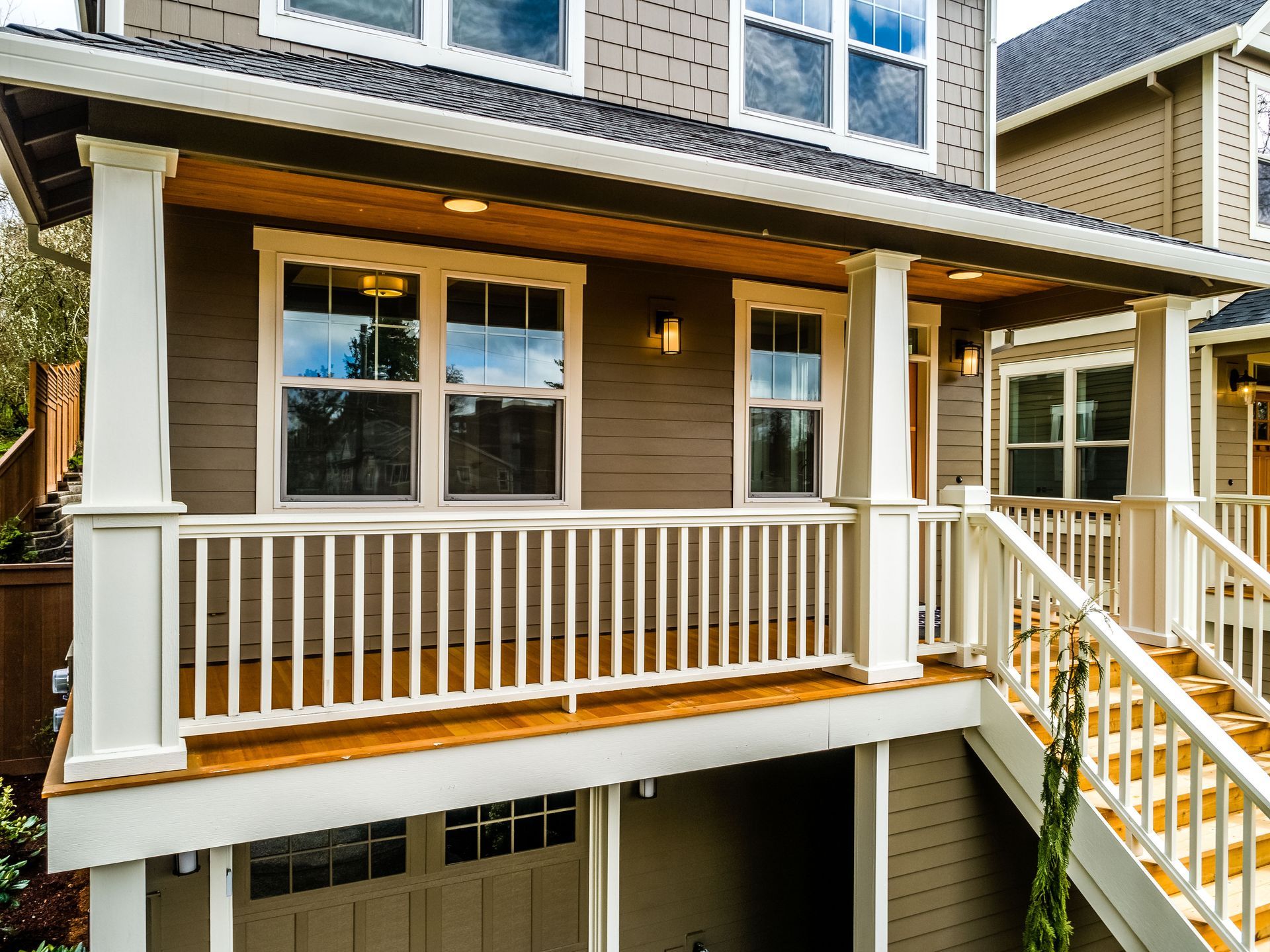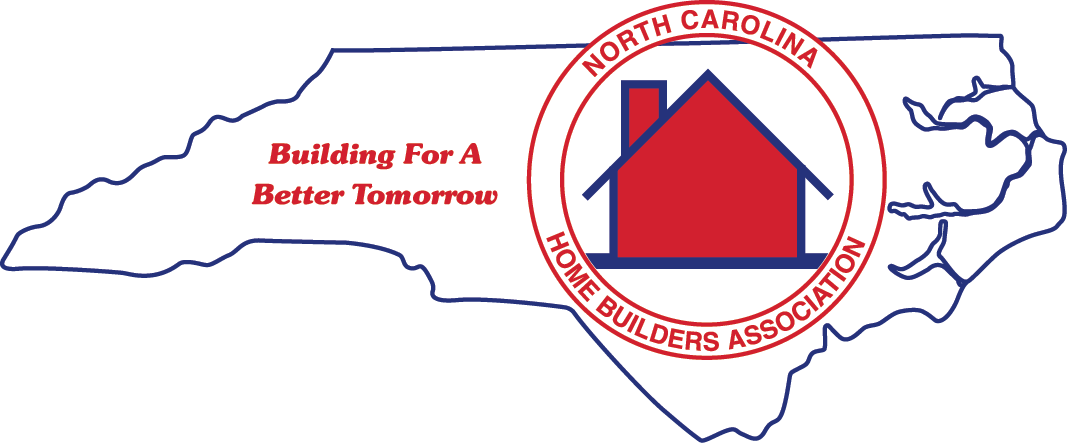August 18, 2025
When you hire professional home construction businesses for your residential project, you're embarking on a complex and exciting journey that involves planning, collaboration, technical expertise, and ongoing communication. Knowing what to expect can make the entire experience smoother and more rewarding, from the initial design discussions to the final walk-through. This guide outlines what you can anticipate when working with experienced home construction businesses throughout each stage of your project.
Consider the Planning Process
Professional home construction businesses begin with an in-depth planning process designed to align your vision with practical, structural, and budgetary realities. When you first engage with a company, you can expect them to assess your property thoroughly. This typically involves an on-site visit where they evaluate zoning regulations, topography, and the feasibility of your design goals. Once your needs are understood, the company will provide a clearly defined scope of work, including a formal proposal or contract that outlines each phase of the project, expected deliverables, material choices, and projected costs.
You should also expect the business to create a realistic project timeline. This schedule will account for variables such as weather delays, permitting processes, and subcontractor availability. In terms of budgeting, transparency is critical. A reputable firm will break down your project into line items so that you understand how much is allocated to each part of the job—from structural framing to finish work—helping you avoid surprises down the road.
Consider Communication
Throughout your project, effective communication is one of the most valuable services that home construction businesses can offer. Typically, you will be assigned a dedicated point of contact such as a project manager or site superintendent. This individual will serve as your liaison for updates, questions, and decision-making.
Expect regular progress reports either weekly or bi-weekly, which may include written updates, photos of the job site, and revised timelines when necessary. Open feedback channels are also essential. You should be able to reach someone on the team quickly if you have concerns about materials, schedule changes, or design adjustments. Furthermore, a professional construction business will keep you informed of any changes related to costs or labor availability before they impact the project timeline or quality of work.
Ensure Proper Permits and Pre-Construction Services
Before construction begins, your contractor should handle several critical steps. Home construction businesses are responsible for securing the necessary permits, ensuring regulatory compliance, and coordinating with utility providers. They should also take the lead in obtaining city or county approvals and scheduling required inspections.
Pre-construction services also include site preparation, such as clearing, grading, and setting up utility connections. Planning extends to materials procurement. A reliable contractor will order necessary materials well in advance—especially items with long lead times like custom windows or steel components—to avoid delays. Subcontractor scheduling should also be carefully managed to maintain forward momentum, ensuring that each trade enters the job site in the correct sequence.
Think About Foundations and Framing
Once construction begins, the foundational and framing stages are critical for ensuring long-term structural integrity. A professional construction business will begin with a strong foundation that meets engineering standards and code requirements for depth, stability, and damp-proofing. Framing follows, and you can expect crews to work precisely from your approved architectural plans, with any adjustments clearly communicated.
Quality control is ongoing during this phase. Reputable builders schedule inspections at key milestones, such as foundation completion or structural framing, to verify everything is up to code. Meanwhile, the job site itself should be kept orderly. Clean, organized workspaces not only improve efficiency but also reduce the risk of accidents.
Consider Mechanicals and Utilities
As the framework of your home takes shape, mechanical systems like plumbing, electrical, and HVAC are installed. These systems are integrated behind the walls and ceilings, and proper installation is essential. Electricians will run wires for outlets, lighting, and your main panel. Permits should be pulled, and inspections scheduled accordingly. Similarly, plumbers will install supply lines, drains, and venting based on your plans, addressing any unforeseen issues promptly.
HVAC technicians will install ductwork and air handling systems in accordance with energy-efficiency guidelines. If your home includes smart technology, network wiring and conduits should also be installed during this stage. Coordination across these systems is crucial, and professional home construction businesses are responsible for ensuring everything is completed before moving on to insulation and drywall.
Ensure Proper Insulation and Drywall
After the mechanical systems are in place, insulation and drywall follow. The construction business will install insulation that meets or exceeds energy code requirements, whether it's fiberglass batts, spray foam, or another high-performance option. Vapor barriers or house wraps will be applied based on your climate and the building's location to help control moisture.
Once the structure is properly insulated, drywall is hung, taped, and sanded to a smooth finish. Any visible imperfections, such as seams, nail pops, or uneven surfaces, should be addressed before the wall is considered complete. These finishing touches are often overlooked, but they play a huge role in your home's appearance and comfort.
Consider Finishes and Fixtures
This is where your house starts to look and feel like a home. The finishing phase includes painting, flooring, cabinetry, countertops, and the installation of plumbing and lighting fixtures. Interior painting is completed first, with walls finished in your selected colors and trim installed cleanly with precise joints and consistent caulking.
Cabinetry is fitted and leveled, and countertops are cut and installed to match custom measurements. Flooring—whether wood, tile, carpet, or luxury vinyl—is laid according to the manufacturer's guidelines, with careful attention paid to transitions and threshold areas. Fixtures such as faucets, showerheads, light switches, and door hardware are installed and tested for function. At this point, the finishing touches bring your vision to life.
Consider the Exterior and Landscaping
While work continues inside, crews will also focus on the exterior. Your siding, stucco, brick, or stone cladding should be installed with proper flashing and moisture protection. Roofing materials are applied per code and manufacturer instructions, ensuring long-term durability and performance. Windows and doors are sealed and aligned properly to prevent drafts or leaks.
The yard and surrounding areas are also addressed. Final grading helps control drainage, and any contracted landscaping—like sod, planting beds, or hardscaping—is installed at this point. A professional builder will also clean the site thoroughly, disposing of debris and preparing the space for occupancy.
Consider the Final Inspection and Handover
As the project wraps up, a final walk-through is scheduled to identify any unfinished work or minor touch-ups. This is called the punch-list phase, where you and the contractor inspect the home together. You should also expect the contractor to schedule any required municipal inspections and deliver a certificate of occupancy once approvals are secured.
At handover, you'll receive documentation such as owner's manuals, product warranties, and instructions for operating and maintaining systems like HVAC, appliances, and roofing. A professional home construction business will also clean the interior of the home, leaving it move-in ready. Once everything is in order and the project is signed off, final payment is made and the warranty period begins.
Provide Project Duration Insights
Understanding the timeline for home construction helps you manage expectations and plan accordingly. In our experience, building a custom single-family home can take between six and twelve months, depending on the size, complexity, and customization involved.
According to HomeGuide, constructing a barndominium typically takes around six months or more, especially for larger homes with custom features. This estimate underscores the need for planning and patience, particularly for highly tailored homes that require special materials, engineering, or design elements.
Hiring experienced home construction businesses gives you the advantage of clear planning, expert workmanship, consistent communication, and strong post-project support. From pre-construction to final handover and beyond, you can expect professionalism, precision, and transparency every step of the way.
Whether you're building a barndominium, a traditional home, or something in between, trust that working with a reliable construction team will give you confidence and peace of mind throughout your journey. At Arrow Construction & Design, LLC, we are committed to delivering the highest quality results while guiding you seamlessly through the entire process. Reach out to us today and experience firsthand what sets our home construction business apart.
